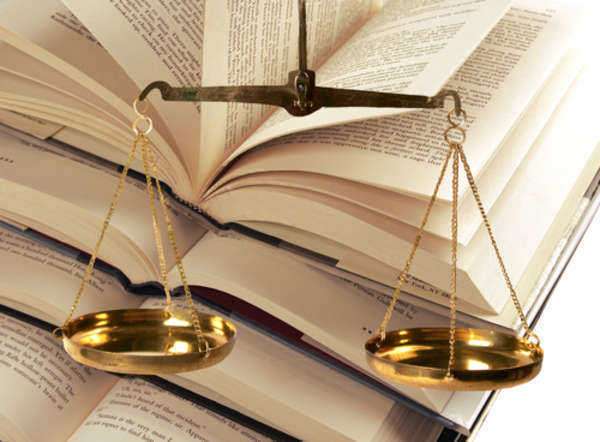
Introduction
Slander is a type of defamation considered as an oral or spoken offense that can damage an individual’s reputation. If you’re facing a slander accusation, it is essential to understand the charge fully and how to defend yourself.
In this article, we will discuss slander accusations at a glance.
What is Slander?
Slander is when a person intentionally speaks or orally communicates a false statement that harms another person’s reputation. The statement could be about someone’s personal life, professional reputation, business dealings, or character.
Proving Slander
To prove slander, the plaintiff must show that:
– The defendant made a false statement
– The statement was a defamatory statement
– The statement was communicated orally to a third party
– There was an actual injury as a result of the statement
Defendant’s Defense
If you’re facing a slander accusation, there are a few defense strategies that you can use:
– The truth: If the statement about the plaintiff is true, it is not slanderous.
– Privileged communication: If the communication happened in circumstances where the speaker had a duty or right to report something, it may not be considered slander.
– Opinion and Fair comment: If the statement about the plaintiff was an opinion, it is not slanderous. In some cases, even a statement
that appears to be a statement of fact could be considered an opinion.
The Legal Consequences of Slander
If found liable for slander, defendants may have to pay damages to the plaintiff, which could be in the form of compensation for injury to reputation, lost business opportunities, mental or emotional distress, and other losses suffered directly or indirectly as a result of the slanderous statement.
Conclusion
Slander accusations can be challenging to navigate, and understanding the charges and your defense is crucial. If you’re facing a slander accusation, consult with an experienced attorney who can offer you legal guidance. Remember that the best defense against slander is to ensure that all statements made about another person are truthful and can be supported by facts.
In order to accuse someone of slander, the victim must prove slanderous acts. Slanderous acts may be committed anonymously or directly. Those acts may include gossip which hurts the reputation of the victim. Slanderous acts must have caused some damage to the reputation of a victim, including damage which may prevent job offers or other opportunities, in order for them to charge slander.
The victim must be able to prove that the individual was directly responsible for either beginning the rumors or for spreading them, when those rumors harmed their reputation. Slander is an act which is often handled in civil court. The case would likely include an attempt at monetary compensation for the slander. For example, the victim may sue for compensation because they were unable to find a job because of the slanderous act.




























